Thursday,
Jan 1
Nuremberg
-1°
Friday,
Jan 2
Nuremberg
0°
Saturday,
Jan 3
Nuremberg
-3°
Sunday,
Jan 4
Nuremberg
-3°
Monday,
Jan 5
Nuremberg
-6°
Tuesday,
Jan 6
Nuremberg
-4°
MORE IMPORTANT INFORMATION ABOUT YOUR TRAVEL TO Nuremberg
The Train station is located at the center of Nuremberg
Nuremberg ( NEWR-əm-burg; German: Nürnberg [ˈnʏʁnbɛʁk]; Austro-Bavarian: Niamberg; East Franconian: Närrnberch or Nämberch, locally Närmberch) is the second-largest city of the German federal state of Bavaria after its capital Munich, and its 511,628 (2016) inhabitants make it the 14th largest city in Germany. On the Pegnitz River (from its confluence with the Rednitz in Fürth onwards: Regnitz, a tributary of the River Main) and the Rhine–Main–Danube Canal, it lies in the Bavarian administrative region of Middle Franconia, and is the largest city and the unofficial capital of Franconia. Nuremberg forms a continuous conurbation with the neighbouring cities of Fürth, Erlangen and Schwabach with a total population of 798,867 (2018), while the larger Nuremberg Metropolitan Region has approximately 3.6 million inhabitants. The city lies about 170 kilometres (110 mi) north of Munich. It is the largest city in the East Franconian dialect area (colloquially: "Franconian"; German: Fränkisch), Nuremberg was one of the host cities of the 2006 FIFA World Cup. There are many institutions of higher education in the city, including the University of Erlangen-Nuremberg (Friedrich-Alexander-Universität Erlangen-Nürnberg).
Source:
WikipediaADDITIONAL INFORMATION ABOUT Hamburg
The Train station is located at the center of Hamburg
Hamburg (English: German: [ˈhambʊʁk], locally also [ˈhambʊɪ̯ç] [ˈhambɔːχ]; Low Saxon: Hamborg), officially the Free and Hanseatic City of Hamburg (German: Freie und Hansestadt Hamburg; Low Saxon: Friee un Hansestadt Hamborg), is the second-largest city in Germany after Berlin and 7th largest city in the European Union with a population of over 1.84 million. One of Germany's 16 federal states, it is surrounded by Schleswig-Holstein to the north and Lower Saxony to the south. The city's metropolitan region is home to more than five million people. Hamburg lies on the River Elbe and two of its tributaries, the River Alster and the River Bille. The official name reflects Hamburg's history as a member of the medieval Hanseatic League and a free imperial city of the Holy Roman Empire. Before the 1871 Unification of Germany, it was a fully sovereign city state, and before 1919 formed a civic republic headed constitutionally by a class of hereditary grand burghers or Hanseaten. Beset by disasters such as the Great Fire of Hamburg, North Sea flood of 1962 and military conflicts including World War II bombing raids, the city has managed to recover and emerge wealthier after each catastrophe. Hamburg is Europe's third-largest port.
Source:
WikipediaImages of the trains for your trip


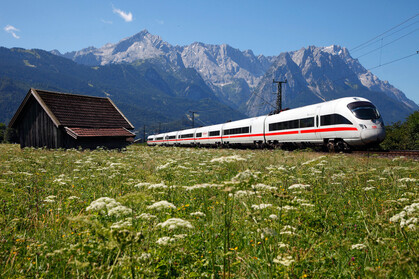

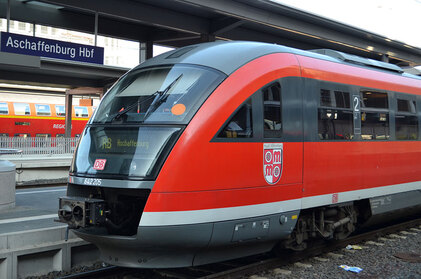







Where Can You Travel With Us?
TAKE A LOOK AT OUR MAP
France
Italy
Netherlands
Luxembourg
Austria
Germany
Belgium
Switzerland
Denmark
Sweden
Norway
Hungary
Czech
Ukraine
China
Active
France, Italy, Netherlands, Luxembourg, Austria, Germany, Belgium, Switzerland, Denmark, Sweden, Norway, Hungary, Czech, Ukraine, China
Upcoming
USA, Canada, Spain, Poland, Japan
Other Train Trips From Hamburg

Hamburg to Plettenberg

Hamburg to Iserlohnerheide

Hamburg to Neue Schenke

Hamburg to Wetter Ruhr

Hamburg to Cologne Mulheim
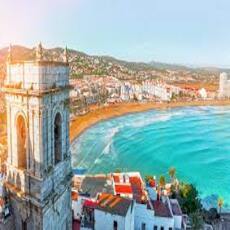
Hamburg to Hoyerswerda

Hamburg to Essen Steele

Hamburg to Ludwigsthal

Hamburg to Sussen
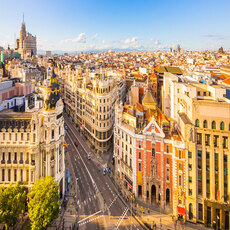
Hamburg to Locknitz
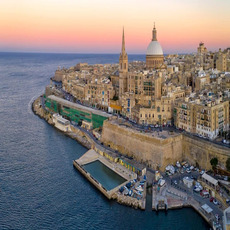
Hamburg to Falkenberg Elster

Hamburg to Hamburg Altona

Hamburg to Quakenbruck

Hamburg to Bad Hohenstadt

Hamburg to Kondringen

Hamburg to Cossebaude

Hamburg to Frauenau

Hamburg to Utting
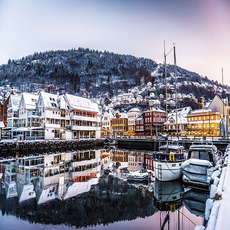
Hamburg to Monchengladbach Lurrip
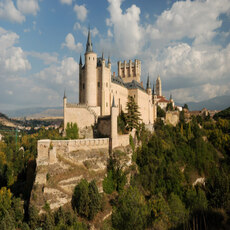
Hamburg to Neckarsteinach
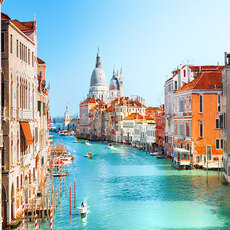
Hamburg to Geisenhausen

Hamburg to Coesfeld Westfalen

Hamburg to Singen Hohentwiel

Hamburg to Bad Groenenbach
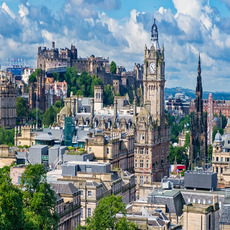
Hamburg to Freiburg Breisgau
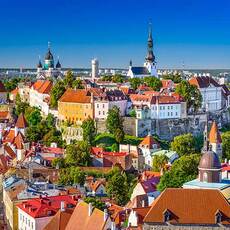
Hamburg to Gifhorn
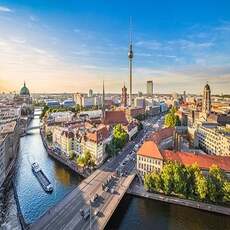
Hamburg to Efringen Kirchen

Hamburg to Friedrichshafen Airport
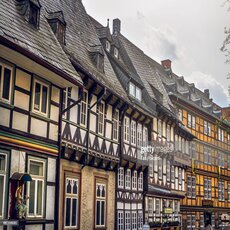
Hamburg to Unterluss

Hamburg to Rheinhausen East
WHY YOU SHOULD TRAVEL BY TRAIN?
To travel from Hamburg To Nuremberg, trains would be the best travel choice, for several reasons:
1
Eco-Friendly
Trains are the most environmentally-friendly way of transport to the EU Environment Agency. They are powered by electricity, which is renewable and has a low environmental impact.
2
Speed
Travelling by train is in most cases the fastest way to go from Rome to Milan. Trains usually travel at high speeds, making them the fastest way to get from one place to another.
3
Safety
Travelling by train is one of the safest forms of transport. Trains are heavily regulated and monitored, making them safer than other forms of transport.
4
Price
Travelling by train is often cheaper than other forms of transport, such as flying or taking a bus. Trains are often subsidized by the government, making them cheaper than other forms of transport.
5
Luggage
Travelling by train is a great way to transport luggage. Trains usually have plenty of space for luggage and they are usually safe and secure.
6
Luggage
Travelling by train is often faster than other forms of transport, such as driving or taking a bus. Trains usually travel at high speeds, making them the fastest way to get from one place to another.
7
Comfortability
Travelling by train is usually very comfortable. Trains usually have comfortable seating and plenty of legroom, making them a great way to travel.
8
Comfortability
Travelling by train is a great way to get some sleep. Trains usually have comfortable seats and plenty of legroom, making them a great way to get some rest while travelling.
9
WIFI
This is not necessarily the most important when you travel since we prefer to tell you to enjoy your travel without your phones, but on trains, you can find WIFI onboard, so you remain connected to the internet if you choose to.
THESE ARE THE TRAIN OPERATORS WE WORK WITH




















